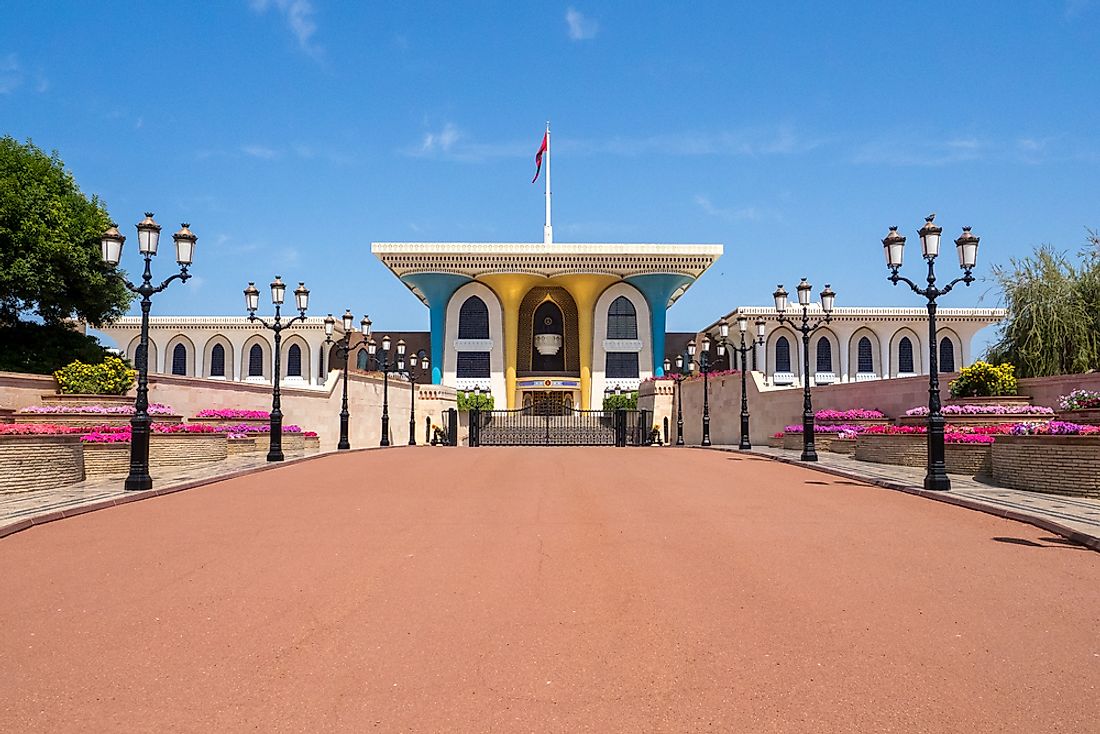What is an Absolute Monarchy?

The term "absolute monarchy" refers to monarchies in which the ruler has total powers and supremacy above a country's people that no written legislation or law limits. It is different from constitutional monarchies which have constitutional legislation to govern their ruling.
Below is a list of monarchies that still maintains absolute powers to date.
Top 5 Monarchy
1. Brunei (Sultan)
The Nation of Brunei is situated on Borneo Island in southeast Asia. Brunei is bounded by the state of Sarawak in Malaysia and is the only sovereign state found completely on Borneo Island. The nation gained independence on January 1, 1984, from the United Kingdom. The head of state is His Majesty Sultan Hassanal Bolkiah who has full authority and powers. The state has a parliament but does not hold elections. The Sultan serves in all dockets as a Defence Minister, Finance Minister, and Prime Minister.
2. Vatican city (Pope)
Vatican City is the smallest state in the world, covering an area of approximately 44 hectares. The sovereignty of the state is held by the Holy See. Vatican City is a monarchical state headed by the Pope. The elected head of the Roman Catholic Church takes powers over the state. The sitting Pope has absolute powers to undertake legislative, judicial, and executive orders. The Pope is the only known absolute monarch in Europe. Foreign relations of the state are handled by the Secretariat of State of the Holy See.
3. Oman (Sultan)
Oman is located on the south-eastern coast of Arabian Peninsula. To the northwest, it is bordered by United Arab Emirates, to the west by Saudi Arabia, and to the southwest by Yemen. The Omani Sultanate is an absolute monarchy headed by Sultan Qaboos bin Said Al Said who is the longest leader currently serving in the Middle East. He has served under the hereditary system since 1970. The Oman system has no separation of powers as the Sultan holds all power. Sharia law is the only legislative law used in the nation.
4. Qatar (Emir)
The State of Qatar is a sovereign country. It occupies the Qatar Peninsula in the Arabian Peninsula. Qatar is bordered to the south by Saudi Arabia as its only land border. Qatar is ruled by an absolute monarch called an Emir. The ruling Emir is from the Thani family that has ruled since 1825. Emir Tamim bin Hamad bin Khalifa Al-Thain is the current ruler who is the 8th Emir of Qatar. He has ruled Qatar since 2013 when he was handed over powers by his father. According to the Qatar’s constitution, Sharia law is the major source of its legislation.
5. Swaziland (King)
Swaziland is formally known as the Eswatini Kingdom. Swaziland is an independent state found in the southern part of Africa and is neighboured by South Africa and Mozambique. Swaziland is an absolute monarchy ruled by King Mswati III since 1986. The king is allowed by law to appoint the prime minister, as well as some members of parliament.
Conclusion
The monarchical system of ruling has been a subject of criticisms among a lot of people who feel that having a fully constitutional government is ideal. This is because the process of crowning the heads of these monarchies does not involve any democratic election. Monarchs are above the law and dictate all the operations of a state and undermine those that they rule.
What is an Absolute Monarchy?
| Rank | Country Name | Monarch Title | Monarch Name |
|---|---|---|---|
| 1 | Brunei | Sultan | Hassanal Bolkiah |
| 2 | Vatican City | Pope | Pope Francis |
| 3 | Oman | Sultan | Qaboos bin Said Al Said |
| 4 | Qatar | Emir | Tamim bin Hamad bin Khalifa Al-Thani |
| 5 | Saudi Arabia | King | Salman bin Abdulaziz Al Saud |
| 6 | Swaziland | King | HRH Prince Makhosetive |
| 7 | United Arab Emirates | King | Khalifa bin Zayed Al Nahyan |











